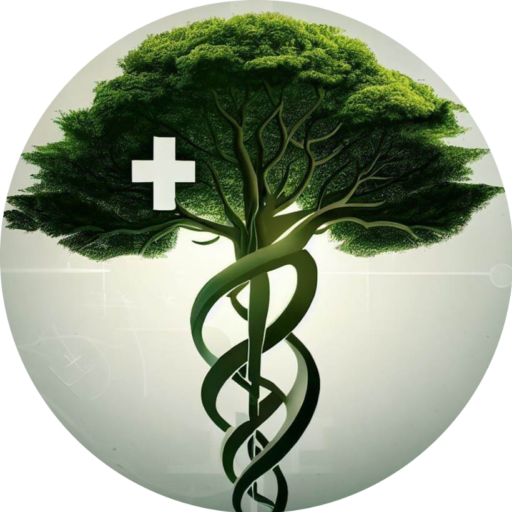How Artificial intelligence (AI) is changing healthcare.
Artificial Intelligence (AI) is reshaping the landscape of healthcare, making medical diagnosis faster, treatments more precise, and patient care more efficient. From predicting heart attacks before they occur to detecting cancer at its earliest stage, AI is unlocking possibilities that were once unimaginable. As AI continues to evolve, it is set to revolutionize every aspect of medicine, ensuring better health outcomes for millions worldwide.

How AI is Changing Healthcare
1. Early & Accurate Disease Diagnosis

AI-powered imaging tools and predictive analytics are detecting diseases such as cancer, heart disease, and Alzheimer’s far earlier than traditional methods. Machine learning algorithms analyze medical images and patient histories to provide more accurate and faster diagnoses, helping doctors make informed decisions quickly.
2. Personalized Treatment Plans

Every patient is unique, and AI is making personalized medicine a reality. By analyzing a patient’s genetic makeup, medical history, and lifestyle factors, AI suggests tailored treatment plans that increase effectiveness and reduce side effects.
3. AI-Powered Virtual Assistants & Chatbots

AI-driven virtual assistants are transforming patient engagement by answering medical queries, scheduling appointments, and reminding patients to take medications. This not only reduces the burden on healthcare professionals but also improves accessibility to medical advice.
4. Enhancing Emergency & Critical Care

In emergencies like strokes and heart attacks, time is crucial. AI-powered systems can rapidly analyze patient data, detect abnormalities in scans, and alert doctors instantly. This speeds up treatment and improves survival rates.
5. Remote Patient Monitoring & Telemedicine

Wearable devices and AI-powered platforms are revolutionizing remote healthcare by continuously monitoring patients with chronic conditions. These technologies detect early warning signs, allowing doctors to intervene before complications arise, reducing hospital visits and improving quality of life.
AI in Action: Real-World Applications
- Cancer Detection: AI algorithms analyze pathology slides and radiology images, improving early cancer detection rates.
- Cardiology: AI assesses ECG readings and predicts heart attacks, helping in preventive care.
- Diabetes Management: AI-powered glucose monitors help patients maintain optimal blood sugar levels.
- Mental Health Support: AI-driven chatbots assist in detecting signs of depression and anxiety through speech and text analysis.
- Drug Discovery: AI accelerates the development of new drugs, reducing the time and cost of bringing life-saving treatments to market.
Reaching the Indian Population with AI in Healthcare
In India, AI is playing a crucial role in bridging the healthcare accessibility gap. With a vast rural population and a shortage of doctors in remote areas, AI-driven telemedicine and mobile health apps are providing medical advice and diagnosis at the fingertips of millions.
Government initiatives and private startups are leveraging AI to offer affordable and scalable healthcare solutions. Hospitals and clinics can adopt AI-powered diagnostic tools to enhance patient care, while awareness campaigns can educate people on how AI can improve their health outcomes.
Why Staying Updated on AI in Healthcare is Essential
AI in healthcare is advancing at an unprecedented pace, with new breakthroughs emerging regularly. Staying informed about these developments ensures that patients, doctors, and healthcare providers can leverage cutting-edge technologies to improve outcomes and save lives.
The integration of AI is not replacing doctors but empowering them with tools to deliver smarter, faster, and more effective care.
Conclusion
AI is not the future of healthcare—it is the present. As AI-driven solutions continue to refine medical practices, optimize treatment strategies, and enhance patient experiences, embracing this revolution is no longer optional—it is essential. In India and across the world, AI is making healthcare more accessible and efficient. Are you ready to explore the endless possibilities AI offers in transforming healthcare? Stay updated, stay informed, and be a part of the AI-driven medical evolution!







